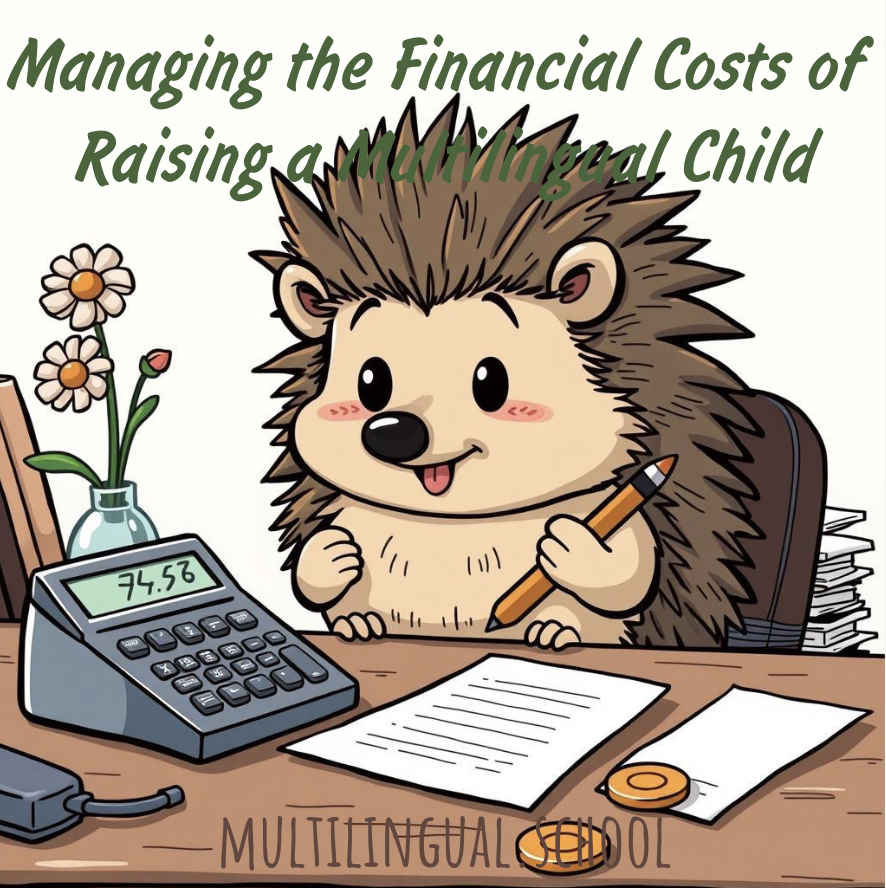Overcoming uncertainty about whether your multilingual efforts will pay off long-term
This post may contain affiliate links, which means that I may receive a commission if you make a purchase using these links. You do not pay a higher price.
How can I manage the uncertainty that I feel if my efforts in raising a multilingual child will pay off in the long run?
Managing the uncertainty that accompanies raising a multilingual child can indeed be daunting. It is common for parents to question whether their efforts will yield the desired outcomes, especially when navigating the complexities of language acquisition. Here are several strategies to help alleviate those concerns and create a supportive environment for your child’s multilingual journey.
Focus on the Process, Not Just the Outcome
Emphasising the process of learning rather than fixating on specific outcomes can be beneficial. Celebrate the small milestones—such as your child forming sentences in different languages or showing interest in a particular culture. Acknowledging these achievements can reinforce your confidence in their language abilities.
Embrace Individual Progress
Each child’s language development is unique. Compare your child’s progress to their past achievements rather than to other children. Recognising their individual journey will help you appreciate their specific strengths and areas for growth. Remember that fluency levels may vary, and maintaining exposure to multiple languages can be just as beneficial as achieving complete mastery.
Foster a Rich Language Environment
Creating an engaging linguistic environment can ease your concerns. Surround your child with diverse language resources—books, songs, videos, and conversations in various languages. Encourage interaction with native speakers, who can provide natural language models and cultural insights. This rich exposure makes language learning enjoyable and creates a sense of belonging and connection to each language.
Build a Support System
Connect with other families who are raising multilingual children. Sharing experiences, challenges, and triumphs can be reassuring and provide strategies that have worked for others. Additionally, consider joining support groups or online communities where you can discuss concerns and celebrate successes. This network can help normalise the uncertainties you face.
Focus on the Benefits of Bilingualism
Research supports the numerous cognitive and social advantages of multilingualism. Children who speak multiple languages often exhibit greater problem-solving skills, improved cognitive flexibility, and increased cultural awareness. By focusing on these benefits, you can remind yourself of the value your efforts bring, not only to your child’s linguistic competence but also to their overall development.
Seek Professional Guidance
If concerns persist, consider seeking advice from language development professionals or educators experienced in multilingual education. They can provide tailored strategies and insights that align with your child’s needs. Their expertise can offer reassurance and help you navigate any challenges that arise.
Cultivate Patience and Understanding
Finally, understand that raising a multilingual child is a long-term commitment. There will likely be fluctuations in motivation, interest, and proficiency over time. Cultivating patience and a positive mindset will help you manage your expectations and support your child through their linguistic journey.
Ultimately, while the uncertainty of outcomes can be unsettling, recognising the intrinsic value of your efforts is crucial. By fostering a supportive environment and maintaining realistic perspectives, you can help your multilingual child thrive in an increasingly interconnected world.













